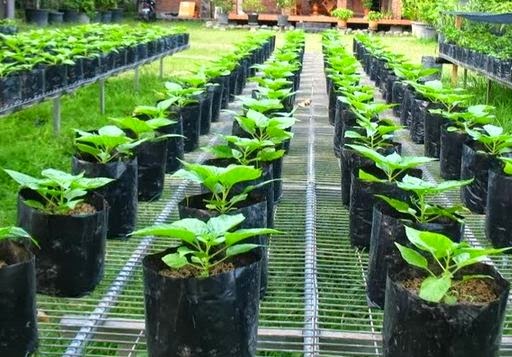Contrary to popular belief, growing an organic garden doesn’t mean you’re one step away from joining a commune or living off the land. It just means you want healthier food, bereft of the harsh chemicals that are used by mass-producing farms. Here are some tips to ensure that your garden will always grow.
If you are planting vegetables, choose varieties that don’t require processing in order to keep. For example, sweet potatoes and onions will keep for months as long as they are kept cool and dry, without any additional work on your part. This reduces the amount of time you have to spend after harvesting.
Organic
If you aren’t ready to devote your time and energy to a full organic garden or just don’t have the space for one, use a container instead. Look for plants that are small and well suited for containers. Whiskey barrels are great for container gardens because they have plenty of room for roots to grow and can be used for multiple varieties of plants.
To make your organic gardening venture as environmentally friendly as it is healthy, consider making your own mulch. To make your own mulch, all you need is a soil sample combined with your leftover food products. You can buy a mulcher or manually mulch your waste simply by turning it over every few days.
Health
Improve the health of your soil before your plant your crops and seed. Three or four weeks beforehand use organic compounds like mulch, fertilizer, and compost to increase the nutrient value and retention of your soil. It will also improve the retention of water, create a soil buffer, and more.
Make sure you read the labels on any weedkillers or pesticides that you use in your garden. Follow the directions closely. Using too much of a chemical can be dangerous to your health and the health of your garden. Failing to read the label might also mean that you get the wrong chemical for the problem that you’re having, polluting the ground around your garden for no reason.
Vegetable
If you have a vegetable garden and plan on eating the vegetables, you should inspect them carefully every week. Look for bugs and worms or traces of disease and damages. Do not eat a vegetable that does not look healthy. Make sure you wash your vegetables carefully before you cook them.
Plant your garden in stages. Put in a new vegetable every week, or plant vegetables with different maturation speeds when you do your planting. This helps prevent you from having a large harvest all at once, and will better allow you to enjoy the fruits (and vegetables!) of your labors.
Fruits
Pick your fruits and vegetables first thing in the morning. A morning harvest will ensure that your produce is holding the maximum amount of moisture. Also, if you pick in the morning, this will give you a chance to eat those items that day, when they are their peak of freshness.
A great tip to having a fantastic garden is to be realistic. When shopping the glossy packages of seeds are very appealing, yet many of them only grow in specific climates. Be realistic to what grows in the area and do not plant items that do not grow well. It is so disappointing to plant a garden and have almost no fruits and vegetables come from it.
Yes, there is a stigma that comes with the word “organic,” but that’s because most people fail to realize that the word organic, basically means natural. In fact, growing organic is as natural as you can possibly get. So make sure to use these gardening tips when you’re ready to grow organic food.

